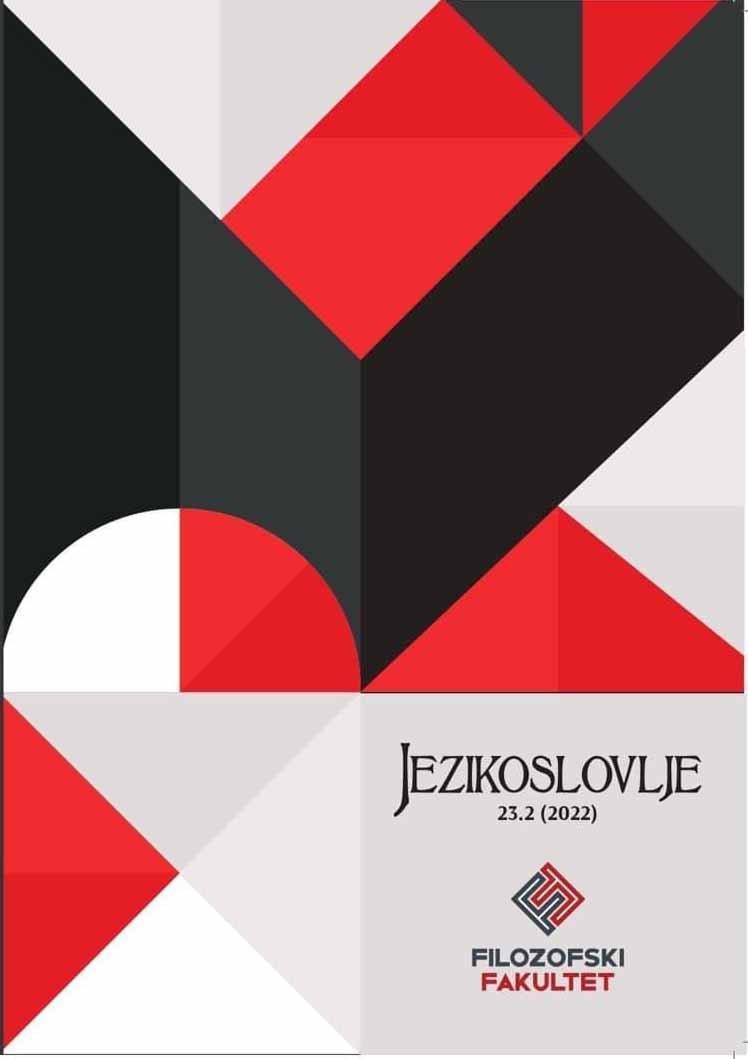Sročnost koordiniranih imenica i pridjeva u španjolskom jeziku
AGREEMENT OF COORDINATED NOUNS AND ADJECTIVES IN SPANISH
Author(s): Bojana Mikelenić, Ana María Valencia SpoljaricSubject(s): Language studies, Theoretical Linguistics, Syntax
Published by: Filozofski fakultet, Sveučilište Josipa Jurja Strossmayera, Osijek
Keywords: coordinated nouns; Spanish; agreement of nouns and adjectives; acceptability judgement;
Summary/Abstract: An adjective in Spanish can be placed before or after the noun it modifies, and the same is true for adjectives that accompany coordinated nouns. As a rule, an adjective behind coordinated singular nouns in Spanish is in the plural form, while an adjective before them appears in singular and agrees in gender with the first noun. However, an adjective behind coordinated singular nouns can be singular when the nouns are semantically related and there are also cases of plural adjectives before coordinated singular nouns (for example, in coined phrases or when coordinating personal names). In this work we present the results of a quantitative research study of acceptability judgements of different types of these constructions, as well as of their interpretation – is the adjective referring to one or both coordinated nouns. We compared the results from two groups of participants: native speakers from different Spanish speaking countries and masters level students of Spanish Language and Literature from the Faculty of Humanities and Social Sciences of the University of Zagreb. For the native speakers we hypothesised that their results would be in line with the reference grammars and that they would accept the examples with plural adjective before the coordinated nouns only if they were formulaic phrases (which was partially confirmed), while we assumed that the students would accept all of the examples (which was not confirmed). Regarding the interpretation, for the majority of the cases both groups judged that the adjective in singular form only refers to one noun, not both, which confirmed the starting hypothesis about the students, but refuted the one about the native speakers.
Journal: Jezikoslovlje
- Issue Year: XXIII/2022
- Issue No: 2
- Page Range: 235-253
- Page Count: 19
- Language: Croatian

